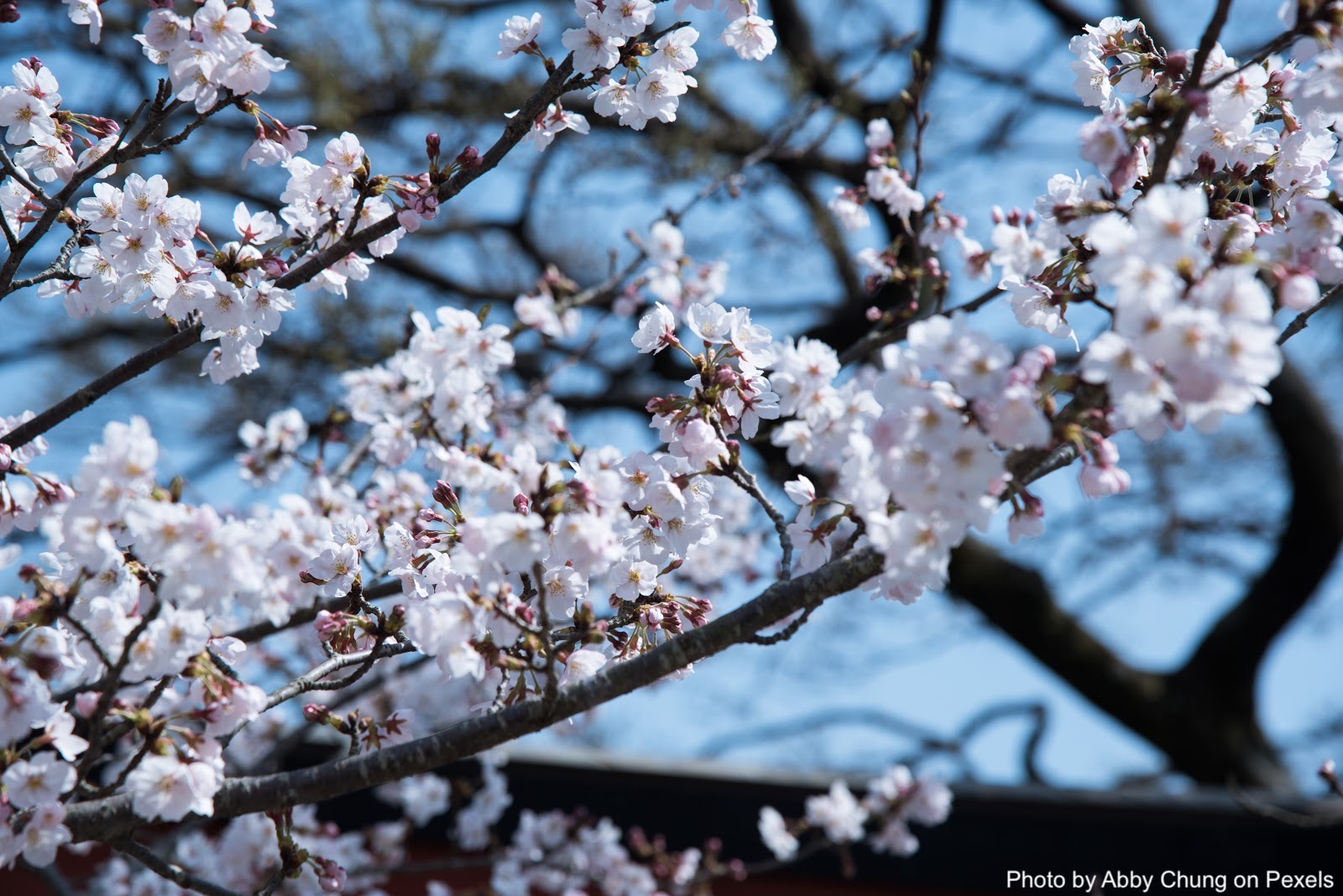
Back when the top of my head would barely reach the bottom of the window panes, I developed a habit of standing on my tiptoes to look at the blooming crab apple tree in my front yard. My mom, noticing my predilection for that part of the house, decided the best way for me to begin my academics would be to tape a multiplication table beneath the window. From that day forward, there was a synthetic but persistent purpose imposed on me. It was to learn, to grow, to embark on a path illuminated only by assurances that it was right for me. As I grew older, the path continued to tighten its grip.
Then, when my work had finally culminated into an admission to MIT, I took a gap year. In turn, my plans for my gap year were cut short by the pandemic. The anchor of my life, the path I was long accustomed to, vanished. I moved from city to city and from project to project, but none of my experiences could fill the void of what I called purpose. After all, isn’t it just wasted time if you aren’t reaching for a goal?
I imagine that many MIT students have felt this way at some point. We work tirelessly, often driven by passion, but sometimes by obligation. We persist because we are convinced it is the only right thing to do. On one hand, working hard is a virtue. On the other, such a mentality can lead to a lapse in judgement; relationships, happiness, and everything else are put on the backburner as secondary considerations.
This summer, I was forced to reexamine my mentality. I didn’t have an internship, a research opportunity, or even a standardized test to prepare for. Without these things, what was I supposed to do? I never figured it out. At least, I discovered that there wasn’t a singular “right thing” to do. There wasn’t a detour to get back on the academic path I had forged, nor was there a fork in the road leading to equally fulfilling goals. Instead, everything I had previously considered secondary came to the forefront - not purposefully, but because it was all there was to do. I spent more time with my roommates, playing old video games and grilling pork chops in the backyard.
There was discomfort in the beginning. I recognized that I was enjoying my time, but I still felt I was wasting it. In truth, I never had any sort of an epiphany to rid myself of those feelings. Rather, the change was gradual, spanning over the entire summer. The more time I spent talking to people I cared about, the harder it was for my anxieties to bother me. Eventually, sometime in August, I woke up without feeling the relentless pressure I always had. I simply got up and began my day by making breakfast.
Now I’m on campus, and although it appears I’m on the same path as before, I have not forgotten the lessons I learned this summer. The time I spend relaxing or with friends is not wasted. I will no longer prioritize my work over other aspects of my life, especially if it is draining me emotionally. It’s clear to me now that my academic and career aspirations cannot be the singular purpose of my life. If they were, and the pandemic was able to put them on hold, then the pandemic must have also been able to put the purpose of my life on hold. That cannot be, and so while my purpose remains undefined, I will not sacrifice any part of myself for its sake.


